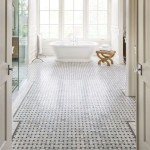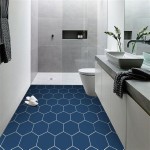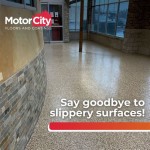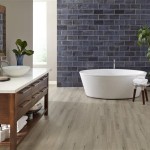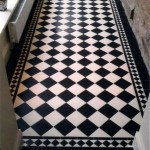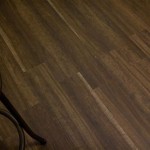Pros and Cons of Engineered Hardwood Flooring
Engineered hardwood flooring has become increasingly popular among homeowners due to its durability, affordability, and versatility. It offers many benefits over traditional solid hardwood, making it a compelling choice for various applications. However, it's crucial to understand the pros and cons of engineered hardwood before making a decision. This article delves into the key considerations to help you make an informed choice.
Pros of Engineered Hardwood Flooring
Engineered hardwood boasts several advantages that make it a practical and aesthetically pleasing flooring option.
1. Durability and Stability
Engineered hardwood is known for its durability and stability. Its construction, featuring multiple layers of wood veneer glued to a plywood core, offers excellent resistance to warping, shrinking, and expanding. This makes it suitable for areas prone to fluctuating humidity levels, such as basements and kitchens. The plywood core provides structural integrity, ensuring the floor remains stable over time.
2. Wide Range of Styles and Finishes
Engineered hardwood offers an extensive range of styles and finishes to suit different tastes and décor preferences. Manufacturers offer various wood species, colors, and textures, allowing you to find the perfect match for your home's aesthetic. From classic oak to exotic woods, the choices are virtually limitless. You can even find engineered hardwood with various patterns, such as planks, squares, and herringbone, to create unique visual effects.
3. Easier Installation
Installing engineered hardwood is generally easier than traditional solid hardwood. Due to its layered construction, engineered hardwood is thinner and more flexible, making it easier to work with. It can be installed over existing subfloors, eliminating the need for extensive demolition and preparation. Moreover, engineered hardwood often comes with click-lock systems, allowing for a faster and more straightforward installation process.
4. Water Resistance
Engineered hardwood offers some degree of water resistance compared to solid hardwood. The protective layers and plywood core provide a barrier against moisture damage, making it a suitable choice for areas with occasional spills or humidity. However, it's essential to note that engineered hardwood is not entirely waterproof and should not be exposed to prolonged or excessive water exposure.
Cons of Engineered Hardwood Flooring
While engineered hardwood offers numerous advantages, there are also some drawbacks to consider.
1. Limited Refinishing Capabilities
A significant limitation of engineered hardwood is its limited refinishing capabilities. Due to the thin veneer layer, engineered hardwood can only be refinished a few times before the veneer wears down. Unlike solid hardwood, which can be refinished multiple times, engineered hardwood eventually needs to be replaced once the veneer is depleted. This can be a concern for homeowners seeking long-term flooring solutions.
2. Higher Initial Cost
Engineered hardwood often has a higher initial cost compared to traditional solid hardwood. While the difference can vary based on the wood species, finish, and quality, engineered hardwood typically comes at a premium. However, this higher initial cost can often be offset by its durability and longevity, making it a worthwhile investment in the long run.
3. Less Eco-Friendly
Some argue that engineered hardwood is less eco-friendly than solid hardwood due to the plywood core's use of adhesives and other materials. However, advancements in manufacturing processes are increasing the sustainability of engineered hardwood, with manufacturers using recycled materials and eco-friendly adhesives.
4. Appearance
Some discerning homeowners may prefer the natural beauty and variation of solid hardwood over the more consistent appearance of engineered hardwood. Engineered hardwood's manufacturing process can lead to a more uniform look, which may not appeal to those seeking a unique and rustic feel.
Conclusion
Choosing between engineered hardwood and solid hardwood depends on individual needs and preferences. While engineered hardwood offers several advantages, including durability, stability, and ease of installation, solid hardwood remains a classic choice for its timeless beauty and refinishing capabilities. Understanding the pros and cons of each flooring option allows you to make an informed decision and select the best solution for your home.

Hardwood Vs Engineered Wood Flooring Which Is Better Bessemeter

Laminate Flooring Vs Engineered Hardwood Pros And Cons

Solid Vs Engineered Hardwood Which Is Better

Pros Cons Of Engineered Hardwood Flooring Reno Superstore

Engineered Wood Flooring Homeowner Pros Cons

Engineered Wood Vs Hardwood What S The Difference

Engineered Hardwood Flooring Pros And Cons Floors Blvd

Pros And Cons Of Engineered Hardwood Flooring

The Pros And Cons Of Engineered Timber Flooring

Pros Cons Of Engineered Hardwood Flooring Aa Floors
